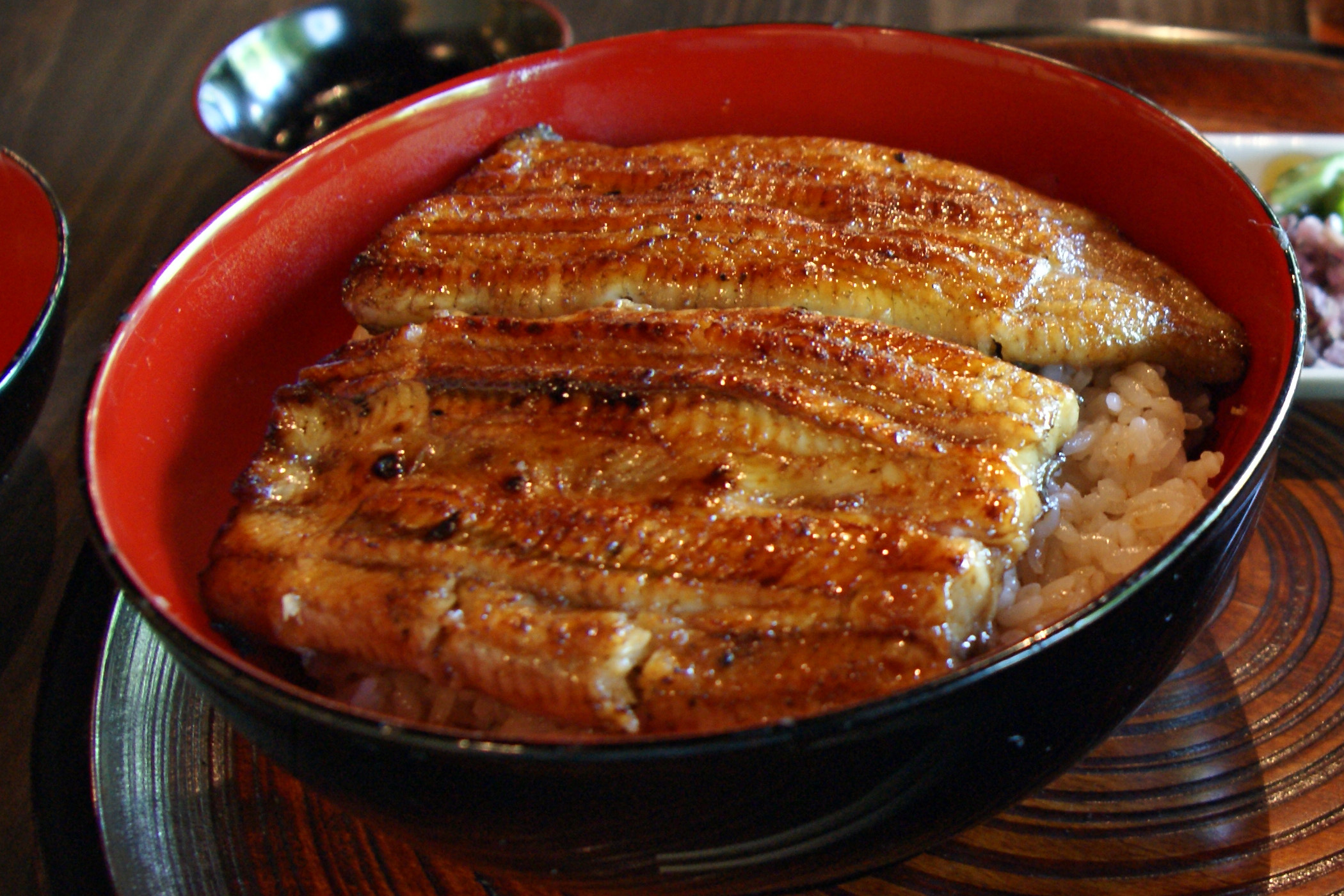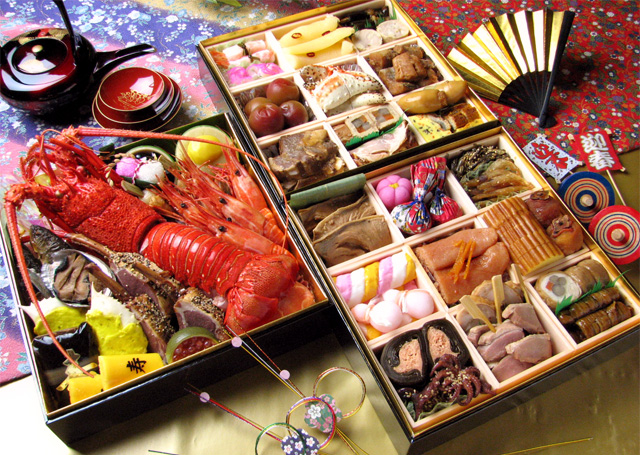|
Chūkadon
is a popular Japanese fast food dish. It consists of a bowl of rice with stir-fried vegetables, onions, mushrooms, and thin slices of meat on top. Literally meaning "Chinese rice bowl", it is inspired by Chinese cuisine. It is a kind of donburi is a Japanese "rice-bowl dish" consisting of fish, meat, vegetables or other ingredients simmered together and served over rice. ''Donburi'' meals are usually served in oversized rice bowls which are also called ''donburi''. If one needs to .... References Japanese Chinese cuisine Japanese fusion cuisine Japanese rice dishes {{Japan-cuisine-stub ... [...More Info...] [...Related Items...] OR: [Wikipedia] [Google] [Baidu] |
Donburi
is a Japanese "rice-bowl dish" consisting of fish, meat, vegetables or other ingredients simmered together and served over rice. ''Donburi'' meals are usually served in oversized rice bowls which are also called ''donburi''. If one needs to distinguish, the bowl is called and the food is called . The simmering sauce varies according to season, ingredients, region, and taste. A typical sauce might consist of ''dashi'' (stock broth) flavored with soy sauce and ''mirin'' (rice wine). Proportions vary, but there is normally three to four times as much ''dashi'' as soy sauce and ''mirin''. For '' oyakodon'', Tsuji (1980) recommends dashi flavored with light soy sauce, dark soy sauce, and sugar. For '' gyūdon'', Tsuji recommends water flavored with dark soy sauce and ''mirin''. One can make donburi from almost any ingredients, including leftovers. Varieties of donburi Traditional Japanese ''donburi'' include the following: ''Gyūdon'' , is a Japanese dish consisting of a b ... [...More Info...] [...Related Items...] OR: [Wikipedia] [Google] [Baidu] |
Japanese Chinese Cuisine
Japanese Chinese cuisine or ''Chūka'' is a style of Japanese cuisine served by Chinese restaurants popularized in Japan in the late 19th century and more recent times. This style of food is different from modern Chinatown Chinese food in Japan which is considered "authentic Chinese food", e.g. Yokohama Chinatown. The Shippoku style of cooking displays heavy influence from Chinese cuisine. Many of these Chinese dishes were introduced to Japan by Chinese immigrants, others were brought in by returning Japanese soldiers from the Japanese invasion and colonization of China. Overview is the adjective for ''Japanese'' style "Chinese" dishes, or the restaurants in Japan which serve them. Chuka dishes originated in China, but have become modified over the years to suit Japanese taste, often with Japanese or even Western foods. Japanese cooking styles have been added, such as in the case of miso-ramen. In other cases, only the noodles are "Chinese", as in the case of hiyashi chū ... [...More Info...] [...Related Items...] OR: [Wikipedia] [Google] [Baidu] |
Japanese Cuisine
Japanese cuisine encompasses the regional and traditional foods of Japan, which have developed through centuries of political, economic, and social changes. The traditional cuisine of Japan ( Japanese: ) is based on rice with miso soup and other dishes; there is an emphasis on seasonal ingredients. Side dishes often consist of fish, pickled vegetables, and vegetables cooked in broth. Seafood is common, often grilled, but also served raw as sashimi or in sushi. Seafood and vegetables are also deep-fried in a light batter, as '. Apart from rice, a staple includes noodles, such as soba and udon. Japan also has many simmered dishes, such as fish products in broth called , or beef in and . Historically influenced by Chinese cuisine, Japanese cuisine has also opened up to influence from Western cuisines in the modern era. Dishes inspired by foreign food—in particular Chinese food—like ramen and , as well as foods like spaghetti, curry and hamburgers, have been adapted ... [...More Info...] [...Related Items...] OR: [Wikipedia] [Google] [Baidu] |
Chinese Cuisine
Chinese cuisine encompasses the numerous cuisines originating from China, as well as overseas cuisines created by the Chinese diaspora. Because of the Chinese diaspora and historical power of the country, Chinese cuisine has influenced many other cuisines in Asia and beyond, with modifications made to cater to local palates. Chinese food staples such as rice, soy sauce, noodles, tea, chili oil, and tofu, and utensils such as chopsticks and the wok, can now be found worldwide. The preferences for seasoning and cooking techniques of Chinese provinces depend on differences in historical background and ethnic groups. Geographic features including mountains, rivers, forests, and deserts also have a strong effect on the local available ingredients, considering that the climate of China varies from tropical in the south to subarctic in the northeast. Imperial royal and noble preference also plays a role in the change of Chinese cuisine. Because of imperial expansion and t ... [...More Info...] [...Related Items...] OR: [Wikipedia] [Google] [Baidu] |
Japanese Fusion Cuisine
Japanese may refer to: * Something from or related to Japan, an island country in East Asia * Japanese language, spoken mainly in Japan * Japanese people, the ethnic group that identifies with Japan through ancestry or culture ** Japanese diaspora, Japanese emigrants and their descendants around the world * Japanese citizens, nationals of Japan under Japanese nationality law ** Foreign-born Japanese, naturalized citizens of Japan * Japanese writing system, consisting of kanji and kana * Japanese cuisine, the food and food culture of Japan See also * List of Japanese people * * Japonica (other) * Japonicum * Japonicus * Japanese studies Japanese studies ( Japanese: ) or Japan studies (sometimes Japanology in Europe), is a sub-field of area studies or East Asian studies involved in social sciences and humanities research on Japan. It incorporates fields such as the study of Japane ... {{disambiguation Language and nationality disambiguation pages ... [...More Info...] [...Related Items...] OR: [Wikipedia] [Google] [Baidu] |

